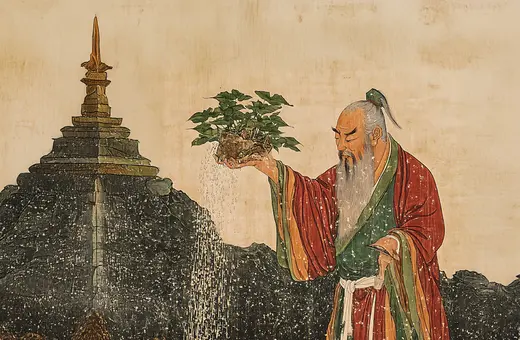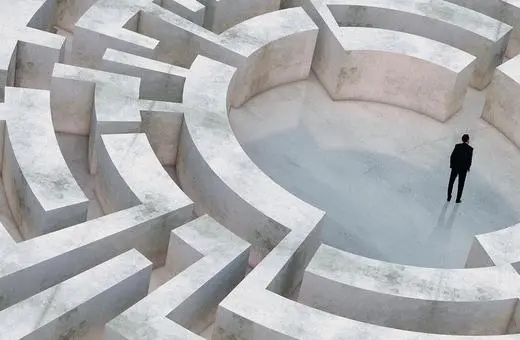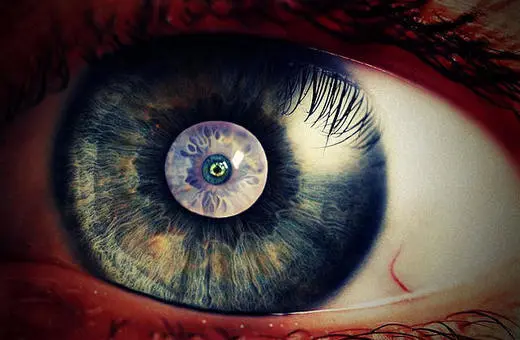The issue of free-will is perhaps the most fundamental question in Philosophy. We hold ourselves and others accountable for our various successes and mishaps, yet determinists hold that we aren’t in control of our own actions. How can we make sense of this issue? Galen Strawson argues that whilst free will is impossible, we nonetheless feel compelled to hold on to our intuitions about moral responsibility.
You arrive at a bakery. It’s the evening of a national holiday. You want to buy a cake with your last 10 dollars to round off the preparations you’ve already made. There’s only one thing left in the store — a 10-dollar cake.
On the steps of the store, someone is shaking an Oxfam tin. You stop, and it seems quite clear to you — it surely is quite clear to you — that it is entirely up to you what you do next. You are — it seems — truly, radically, ultimately free to choose what to do, in such a way that you will be ultimately morally responsible for whatever you do choose. Fact: you can put the money in the tin, or you can go in and buy the cake. You’re not only completely, radically free to choose in this situation. You’re not free not to choose (that’s how it feels). You’re “condemned to freedom,” in Jean-Paul Sartre’s phrase. You’re fully and explicitly conscious of what the options are and you can’t escape that consciousness. You can’t somehow slip out of it.
You may have heard of determinism, the theory that absolutely everything that happens is causally determined to happen exactly as it does by what has already gone before — right back to the beginning of the universe. You may also believe that determinism is true. (You may also know, contrary to popular opinion, that current science gives us no more reason to think that determinism is false than that determinism is true.) In that case, standing on the steps of the store, it may cross your mind that in five minutes’ time you’ll be able to look back on the situation you’re in now and say truly, of what you will by then have done, “Well, it was determined that I should do that.” But even if you do fervently believe this, it doesn’t seem to be able to touch your sense that you’re absolutely morally responsible for what you do next.
___
___
The case of the Oxfam box, which I have used before to illustrate this problem, is relatively dramatic, but choices of this type are common. They occur frequently in our everyday lives, and they seem to prove beyond a doubt that we are free and ultimately morally responsible for what we do. There is, however, an argument, which I call the Basic Argument, which appears to show that we can never be ultimately morally responsible for our actions. According to the Basic Argument, it makes no difference whether determinism is true or false. We can’t be ultimately morally responsible either way.
The argument goes like this.
(1) You do what you do — in the circumstances in which you find yourself —because of the way you then are.
(2) So if you’re going to be ultimately responsible for what you do, you’re going to have to be ultimately responsible for the way you are — at least in certain mental respects.
(3) But you can’t be ultimately responsible for the way you are in any respect at all.
(4) So you can’t be ultimately responsible for what you do.





















Join the conversation